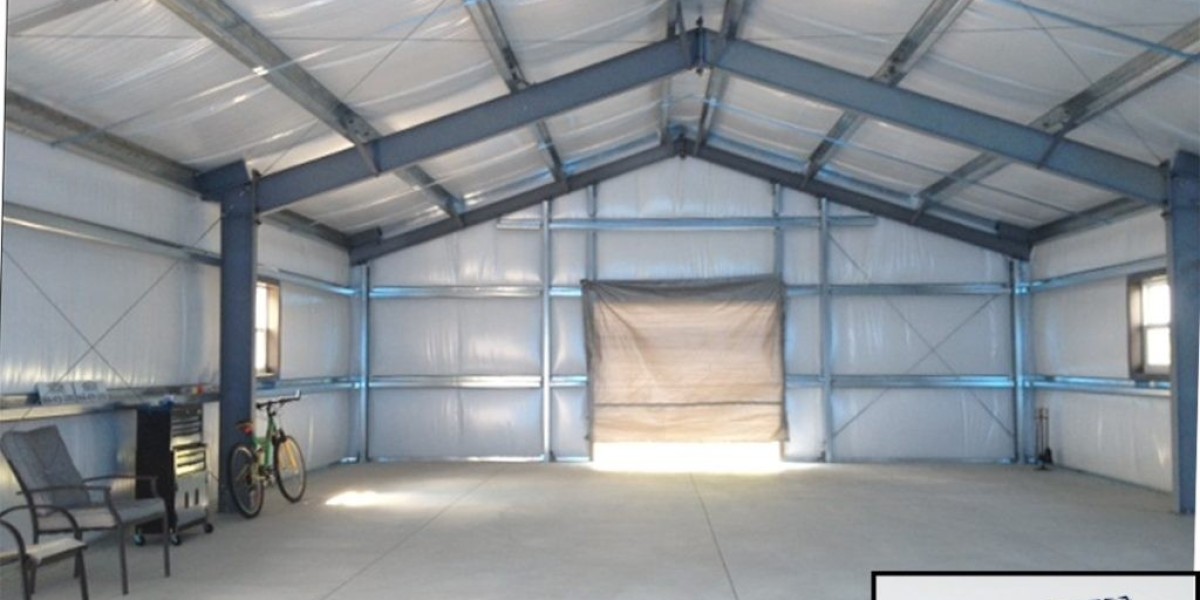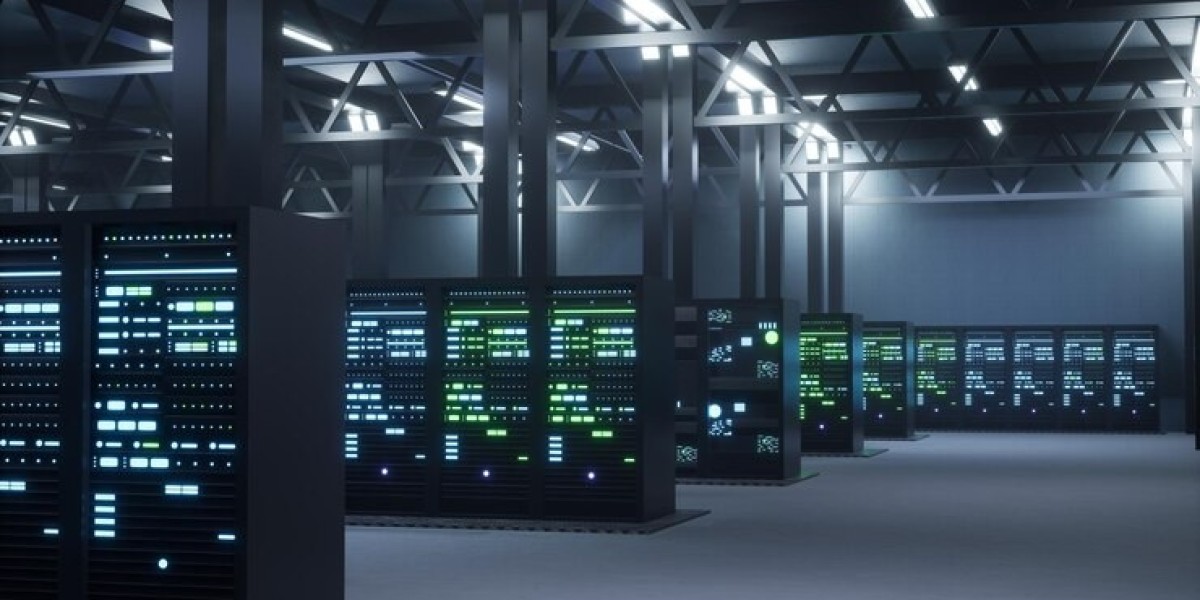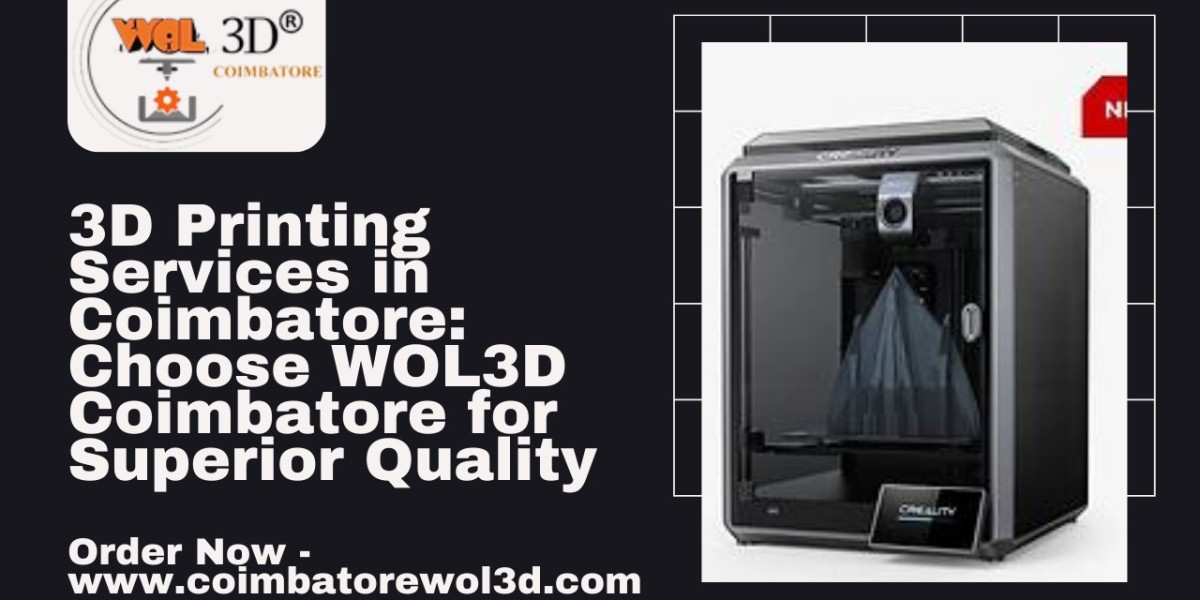Workshop buildings are more than just physical structures; they are the birthplaces of innovation, creativity, and craftsmanship. These specialized spaces provide individuals and businesses with the tools, equipment, and environment necessary to bring their ideas to life. In this article, we'll explore the significance, features, and applications of workshop buildings, showcasing their essential role in fostering creativity, skill development, and productivity.
Understanding Workshop Buildings
Workshop buildings, also known as workspaces or studios, are dedicated structures designed for a specific purpose, whether it's woodworking, metalworking, crafting, or automotive repair. These buildings are equipped with essential tools, equipment, and utilities tailored to the needs of the intended activities. Workshop buildings come in various sizes and configurations, ranging from small backyard sheds to large industrial complexes, depending on the scale and scope of the operations they support.
Features of Workshop Buildings
Ample Space
One of the primary features of workshop buildings is ample space to accommodate various activities and equipment. Whether it's a woodworking shop with large workbenches and saws or an automotive repair shop with vehicle lifts and diagnostic equipment, workshop buildings provide the space needed to work comfortably and efficiently.
Functional Layout
Workshop buildings are designed with a functional layout that optimizes workflow and accessibility. Workstations, tool storage areas, and machinery are strategically arranged to minimize wasted space and streamline operations. Additionally, features such as overhead doors, loading docks, and utility connections are positioned for convenience and ease of use.
Adequate Lighting and Ventilation
Good lighting and ventilation are essential aspects of workshop buildings to ensure a safe and comfortable working environment. Natural light, skylights, and LED lighting fixtures are utilized to illuminate the workspace effectively, reducing eye strain and enhancing visibility. Ventilation systems, such as exhaust fans and windows, help remove fumes, dust, and airborne particles, maintaining air quality and preventing overheating.
Utility Connections
Workshop buildings are equipped with utility connections for electricity, water, and gas, depending on the specific needs of the operations. Power outlets, air compressors, and water lines are strategically placed throughout the building to support equipment and machinery. Adequate utility connections ensure uninterrupted operation and productivity in the workshop.
Applications of Workshop Buildings
Woodworking Shops
Woodworking shops are dedicated workshop buildings where artisans and craftsmen create furniture, cabinetry, and other wooden objects. These shops are equipped with woodworking tools such as saws, drills, sanders, and lathes, allowing craftsmen to shape, cut, and assemble wood into functional and decorative pieces.
Metal Fabrication Shops
Metal fabrication shops are workshop buildings where metalworkers and fabricators work with various metals such as steel, aluminum, and copper. These shops are equipped with welding machines, plasma cutters, grinders, and other metalworking tools to cut, shape, and weld metal components for structural, decorative, and industrial applications.
Automotive Repair Shops
Automotive repair shops are workshop buildings where mechanics and technicians perform maintenance, repairs, and diagnostics on vehicles. These shops are equipped with vehicle lifts, diagnostic equipment, and specialized tools to service cars, trucks, motorcycles, and other vehicles. Automotive repair shops provide essential services to vehicle owners and contribute to the maintenance and safety of roadworthy vehicles.
Art Studios and Craft Workshops
Art studios and craft workshops are creative spaces where artists, makers, and hobbyists pursue their passions and interests. These workshops are equipped with tools and materials for painting, sculpting, pottery, jewelry making, and other artistic endeavors. Art studios and craft workshops provide individuals with a place to explore their creativity, learn new skills, and express themselves through art and craftsmanship.
Conclusion
Workshop buildings are essential hubs of innovation, creativity, and productivity, providing individuals and businesses with the space and resources to pursue their passions and projects. Whether it's woodworking, metalworking, automotive repair, or artistic expression, workshop buildings play a vital role in fostering skill development, collaboration, and personal growth. As the demand for creative and functional spaces continues to grow, workshop buildings will remain indispensable assets in supporting a wide range of activities and endeavors.






